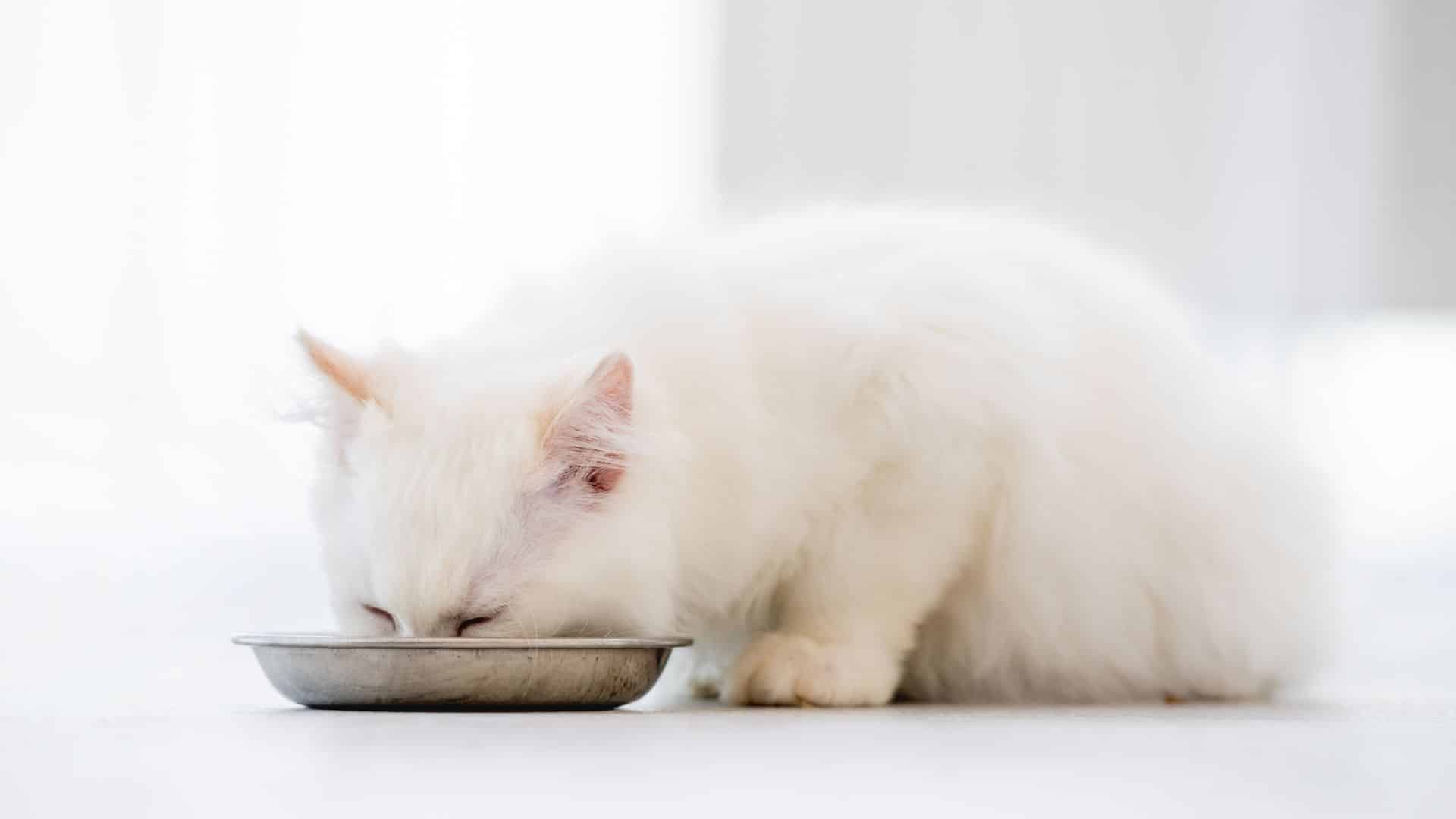No, cats cannot eat aloe vera. It is toxic to them and can cause digestive issues.
Aloe vera is a popular plant known for its many health benefits for humans, such as soothing skin irritations and promoting digestion. However, when it comes to our feline friends, aloe vera should be kept out of their reach. Cats cannot eat aloe vera due to its potential toxicity, which can lead to digestive problems and other health issues.
It’s important to be mindful of the plants and substances that may pose a risk to our pets, and to ensure that our homes are cat-friendly environments.
Is Aloe Vera Safe For Cats?
Aloe vera is a commonly used plant for its medicinal properties, but when it comes to cats, caution is advised. Research on the effects of aloe vera on cats is limited, making it difficult to determine its potential impact. While humans can benefit from aloe vera’s soothing properties, its consumption by cats remains questionable.
Cats have unique dietary needs, and their digestive systems may not tolerate certain substances. Ingesting aloe vera could potentially lead to adverse effects such as vomiting, diarrhea, or even liver damage. It is best to err on the side of caution and avoid exposing cats to aloe vera.
If your cat accidentally consumes aloe vera, monitor their behavior and consult a veterinarian for guidance.
Potential Risks And Dangers Of Aloe Vera For Cats
Aloe vera can pose potential risks and dangers to cats due to its toxic components. Cats may develop allergies and skin irritations when exposed to aloe vera. Ingesting aloe vera can lead to digestive issues and internal damage in cats.
It is crucial for cat owners to be aware of these risks and take necessary precautions to ensure the safety of their feline companions. If you suspect that your cat has ingested aloe vera or is experiencing any adverse reactions, it is important to consult a veterinarian immediately.
Understanding the potential dangers of aloe vera for cats can help pet owners make informed decisions and protect their furry friends from harm.
Signs And Symptoms Of Aloe Vera Toxicity In Cats
Aloe vera toxicity in cats can be identified by common indicators such as gastrointestinal distress and loss of appetite. Immediate symptoms to be aware of include vomiting, diarrhea, and excessive thirst. Long-term effects and complications of aloe vera poisoning in cats may include liver damage and kidney problems.
It is important to monitor your cat’s behavior and look out for these signs if they have been exposed to aloe vera. Prompt veterinary care is necessary to prevent further complications. Remember, not all plants that are safe for humans are safe for our feline friends, so it’s crucial to keep potentially harmful substances out of reach.
If you suspect that your cat has ingested aloe vera or any other toxic substance, contact your veterinarian immediately for guidance and treatment. The well-being of your furry companion should always be a top priority.

Credit: addictionpet.com
What To Do If Your Cat Consumes Aloe Vera
Aloe vera may be beneficial to humans, but it can be toxic to cats if ingested. If you suspect that your cat has consumed aloe vera, immediate action is crucial. Firstly, try to assess the severity of the situation by observing any symptoms your cat may display.
If your cat shows signs of distress, such as vomiting, diarrhea, or loss of appetite, it’s vital to seek veterinary assistance promptly. While waiting for professional advice, ensure that your cat has access to fresh water to prevent dehydration. Refrain from inducing vomiting without guidance from a veterinarian, as it may cause more harm.
Once at the veterinary clinic, the vet will evaluate your cat’s condition and administer appropriate treatment to manage aloe vera toxicity. Remember, swift action is key in protecting your feline companion’s wellbeing.
Safe Alternatives To Aloe Vera For Cat Owners
Cat owners who are concerned about the safety of aloe vera can explore alternative plants. There are various cat-friendly options for both indoor and outdoor environments. By choosing these alternatives, you can ensure the health and happiness of your feline companion without relying on aloe vera.
These plants not only provide a safe environment for your cat but also add beauty and freshness to your surroundings. With careful research and consideration, you can create a cat-friendly space that meets both your needs and the needs of your beloved pet.
So, if you’re a cat owner looking for safe alternatives to aloe vera, consider exploring these cat-friendly plants and plant-based solutions for a happier and healthier feline friend.
Conclusion
To sum it up, while aloe vera has many potential health benefits for humans, it is best to avoid giving it to our furry friends. Cats have a unique digestive system, and aloe vera can be toxic to them if ingested.
The laxative properties of aloe vera can lead to diarrhea, vomiting, and even dehydration in cats. Additionally, the presence of aloin in aloe vera can cause significant damage to a cat’s liver. It is crucial to prioritize the safety and well-being of our pets by keeping substances like aloe vera away from their reach.
Instead, focus on providing your cat with a balanced and nutritious diet that meets their specific dietary needs. Always consult with a veterinarian before introducing any new foods or substances to your cat’s diet. By being mindful of what we feed our feline friends, we can ensure they live healthy and happy lives.
